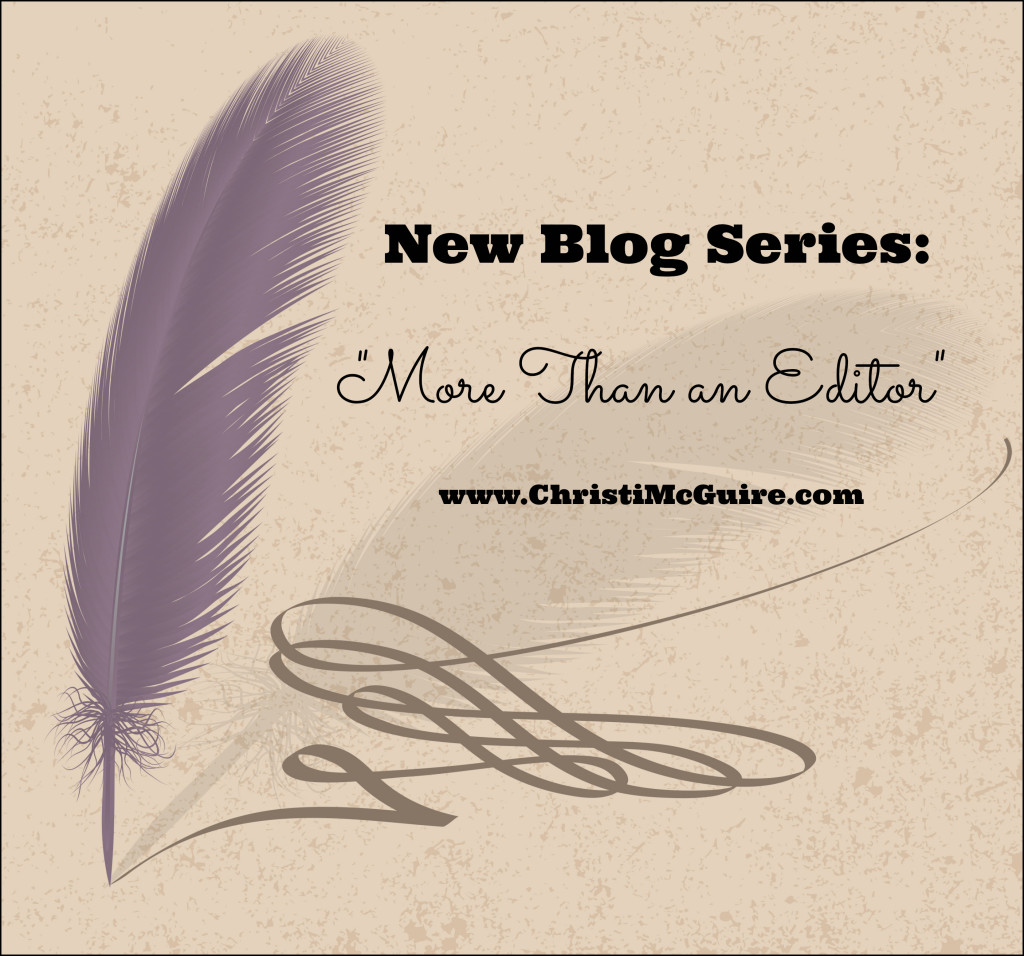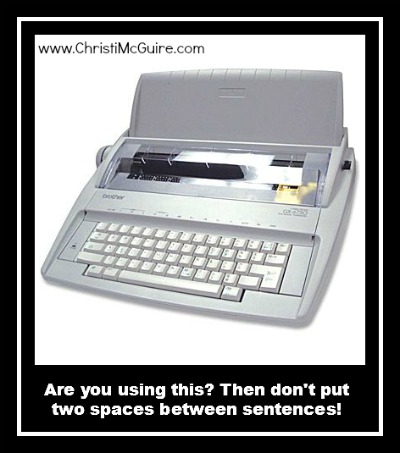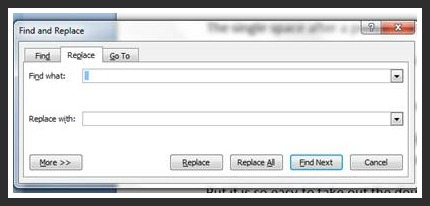Today I’m starting a new series, “More Than an Editor.”
If you are an editor (or an author), follow this series based on classes I have developed and teach for freelance editors.
The publishing world has vastly changed in the last decade. Authors no longer get to just write. They have to develop, plan, and grow a platform. They have to be social media experts. They are like business people executing business plans. They must be knowledge in how to promote, market, and sell their books. They are required to develop their “brand” and make their name recognizable. They must know well-known endorsers, connect with bloggers, and develop reader newsletters, Facebook groups, and fan forums.
To say authors are overwhelmed at the publishing process would be an understatement, I believe.
As the publishing industry changes how authors write, it is also changing how editors edit. Since authors must be more than authors—they must be social media experts, business people, marketers, promoters, brand developers—editors have to be more than editors. We have to develop skills that are beyond those of developmental editing, substantive editing, and copyediting. We must know everything that an author must know in order to best serve our author clients. That means we have to know all about publishing—both the writing side and the editing side.
As I work with book authors, I discover that the entire scope of what an author is expected to know and do is overwhelming for them. All of my clients have sought not only feedback on how to make their manuscripts better but also advice on how to navigate through the publishing process.
When do I send a query letter?
How do I write a proposal?
What does “competitive analysis” mean?
How is a proposal formatted?
These are all questions and concerns that authors have. Yes, they can find blogs and websites and resources to answer all of these questions. They can study and learn how to do it all themselves. But if you have the answers, if you can format their queries and proposals, if you can consult them through the publishing process, then you have not only extended the paid gig with a client, but you also have likely secured a life-long relationship with this author. One that will keep the client coming back to you for her second book proposal, third book proposal, etc.
I have found that the most satisfying thing for me as an editor is developing relationships with authors and journeying with them through the entire publishing process. It is priceless to know you did such a good job consulting them that they can’t wait for you to help edit and format their next book proposal and give your expert advice on how to navigate the next journey of their career. Even after landing contracts with publishing houses and working with the in-house publishing editors, I’ve had clients come back to ask me my advice about book cover design or social media blasts. It’s not only been an honor for me to do so, but it is also amazing to see the entire life of a book, from manuscript to publication and beyond, not just the edits on a page.
Bottom line: I truly think editors need to develop skills that extend beyond editing in order to service the whole scope of an author’s publishing journey.
Stay tuned for next week’s article: “How to be Coach and Cheerleader as an Editor.”
















